Introduction: The Rise of AI Video Generation
OpenAI’s Sora: A Game Changer?
Potential Applications of Sora
Commercials
Art Projects
Films
Social Media
Concerns Surrounding AI Video Generation
Deepfakes
Job Displacement
Copyright Infringement
The Future of AI in Video Content Creation
Conclusion
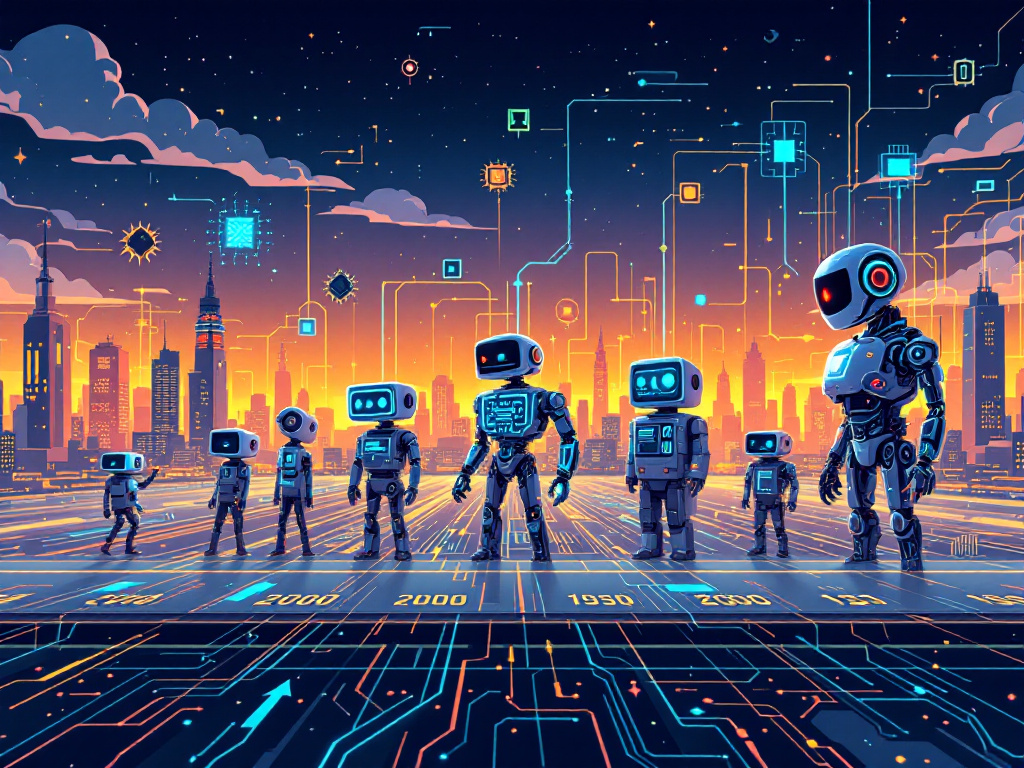
Imagine creating a high-quality video with just a few keystrokes. OpenAI’s latest release, Sora, makes this a reality. But what does this mean for the future of video content creation?
Artificial intelligence (AI) is rapidly changing the world around us, and one of its most exciting applications is in video content creation. While AI image generators have been making waves for some time, AI video generators are now emerging as a powerful new tool for creators.
OpenAI’s Sora: A Game Changer?
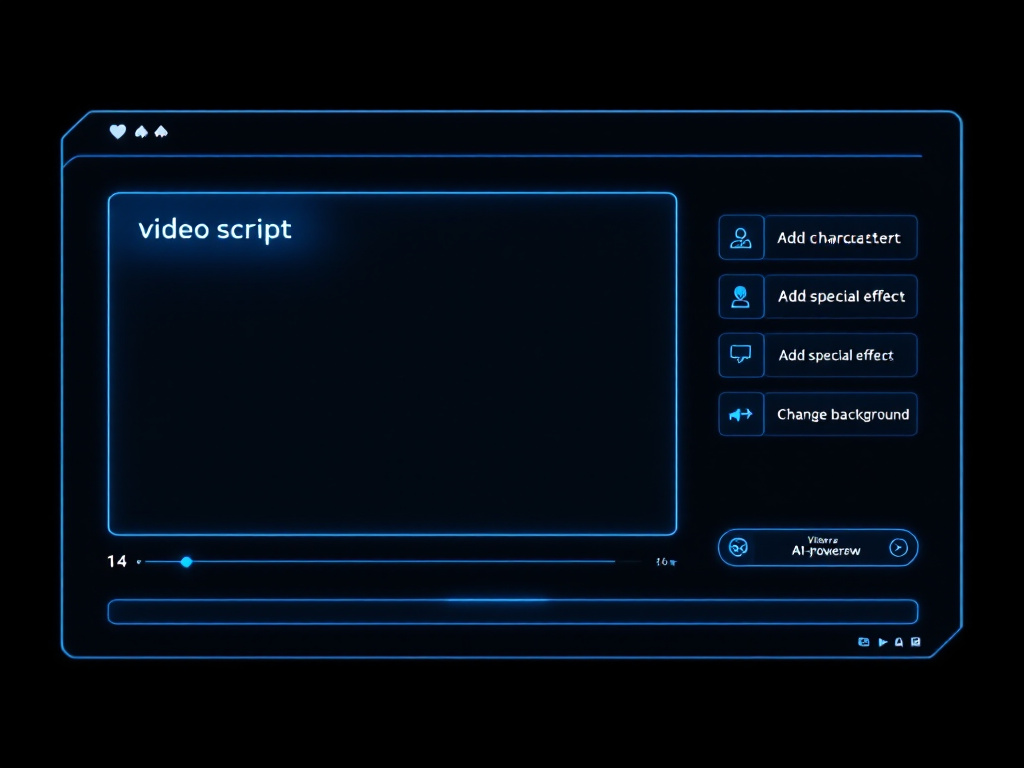
OpenAI, the company behind the popular chatbot ChatGPT, has recently launched Sora, an AI video generator that allows users to create short, realistic-looking video clips simply by typing in a description. Sora, a text-to-video generator, became publicly available in the US on Monday. The platform was initially only accessible to a select group of artists, filmmakers, and safety testers.
Potential Applications of Sora
Prompt to get image: “Create a collage of icons representing commercials (e.g., a shopping cart), art projects (e.g., a paint palette), films (e.g., a film reel), and social media (e.g., a social media icon).”
Commercials: Creators can use Sora to make eye-catching commercials with minimal effort. For example, brands could generate personalized ads or dynamic content based on user preferences, revolutionizing the way advertisements are created and consumed.
Art Projects: Artists could utilize Sora to bring their creative visions to life in new and innovative ways. Whether it’s creating surreal landscapes or abstract animations, Sora opens up a world of possibilities for artistic expression.
Films: Filmmakers could use Sora to generate special effects or even entire scenes, potentially reducing production costs and time. This could be particularly beneficial for independent filmmakers with limited budgets.
Social Media: Sora could be used to create engaging video content for social media platforms. Influencers and content creators could quickly generate high-quality videos to keep their audiences engaged and entertained.
Concerns Surrounding AI Video Generation
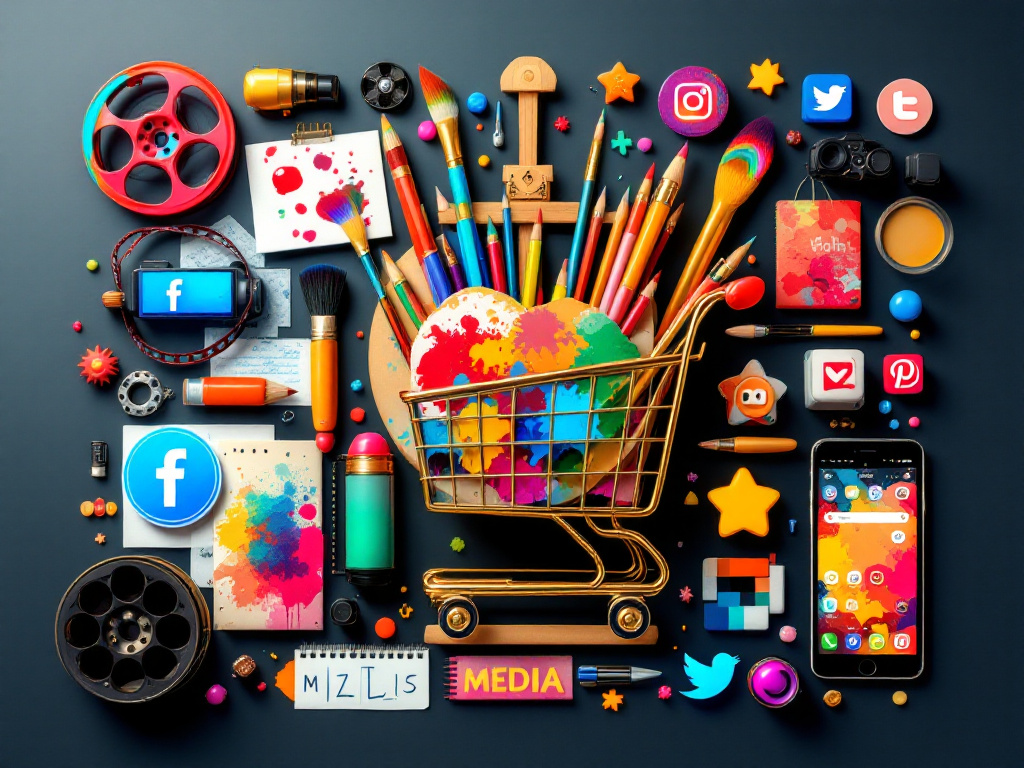
Deepfakes: One of the biggest concerns surrounding AI video generators is their potential to create deepfakes, which are videos that have been manipulated to show someone doing or saying something they never did. Deepfakes have already been used to spread misinformation and could become even more problematic as AI video generation technology advances.
Job Displacement: As AI video generators become more sophisticated, they could potentially displace human video editors and creators. This raises important questions about the future of work in the creative industries.
Copyright Infringement: AI video generators could be used to create unauthorized copies of copyrighted material. This poses significant legal and ethical challenges that need to be addressed.
OpenAI is aware of these concerns and is taking steps to mitigate them. For example, the company is initially limiting uploads of specific people and blocking content with nudity. They are also blocking particularly harmful forms of abuse, such as child sexual abuse materials and sexual deepfakes.
The Future of AI in Video Content Creation
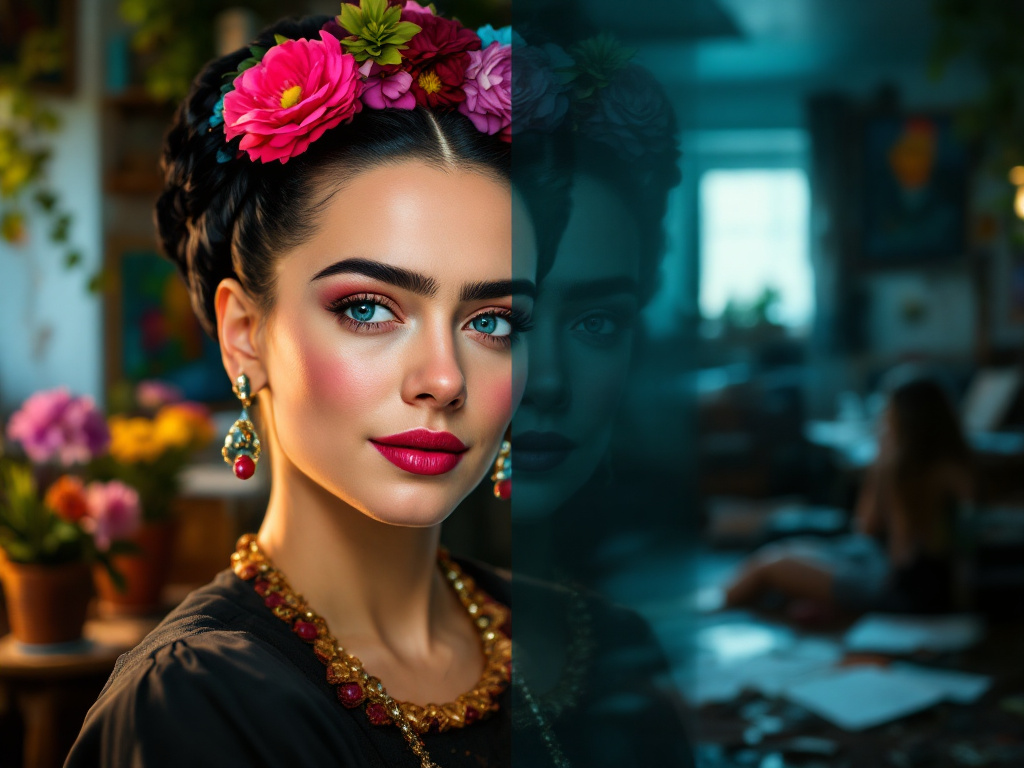
Despite the concerns, AI video generators like Sora have the potential to revolutionize video content creation. They could make video production more accessible to a wider range of people, spark new forms of creativity, and push the boundaries of storytelling.
Conclusion
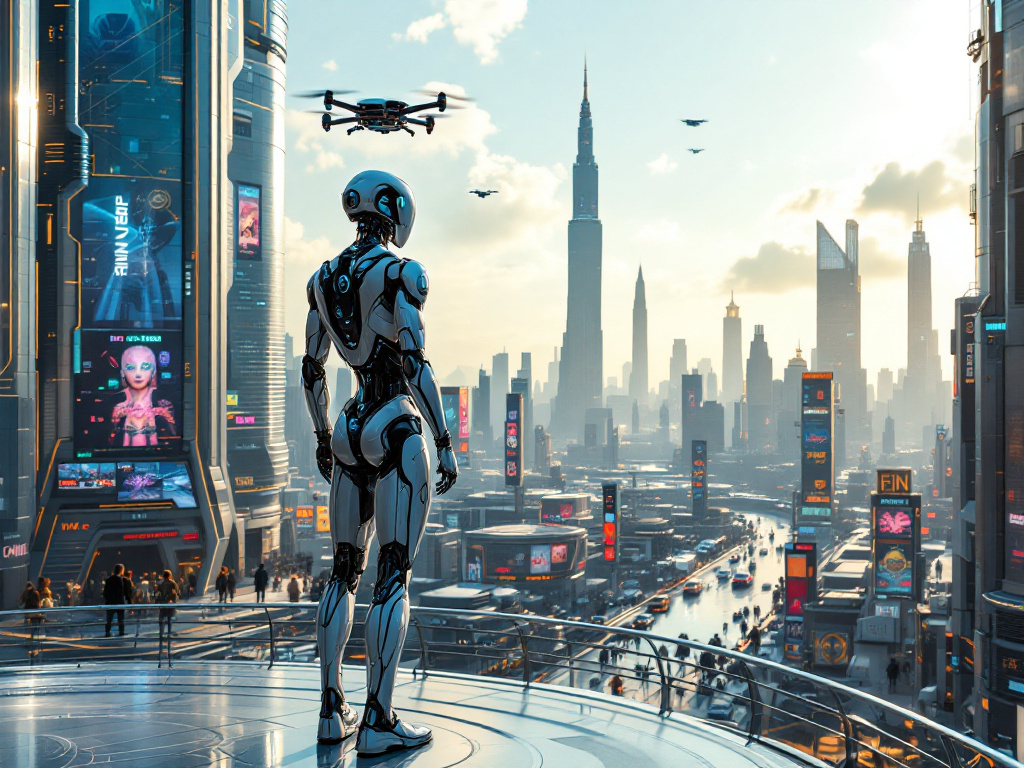
OpenAI’s Sora is a significant step forward in the development of AI video generation technology. It will be interesting to see how creators use this powerful new tool and how it shapes the future of video content. As AI technology continues to evolve, we can expect to see even more innovative applications emerge, along with new challenges and ethical considerations.



